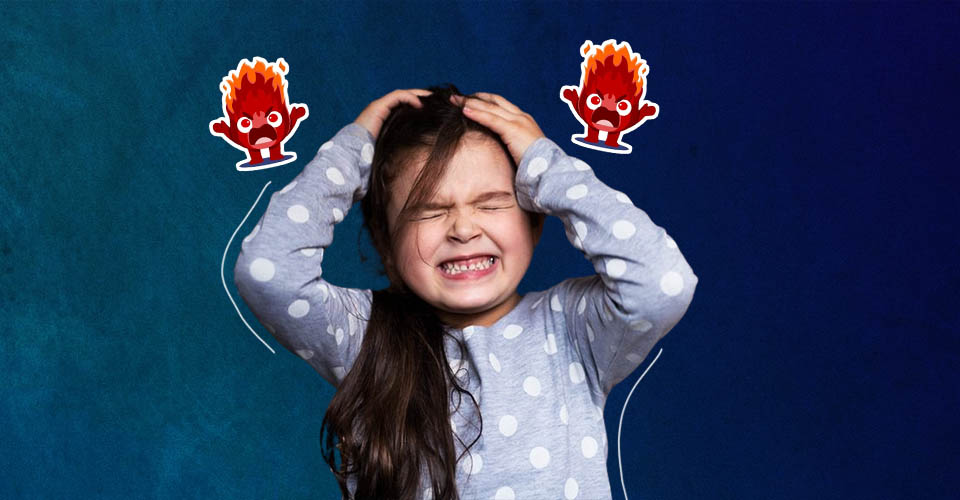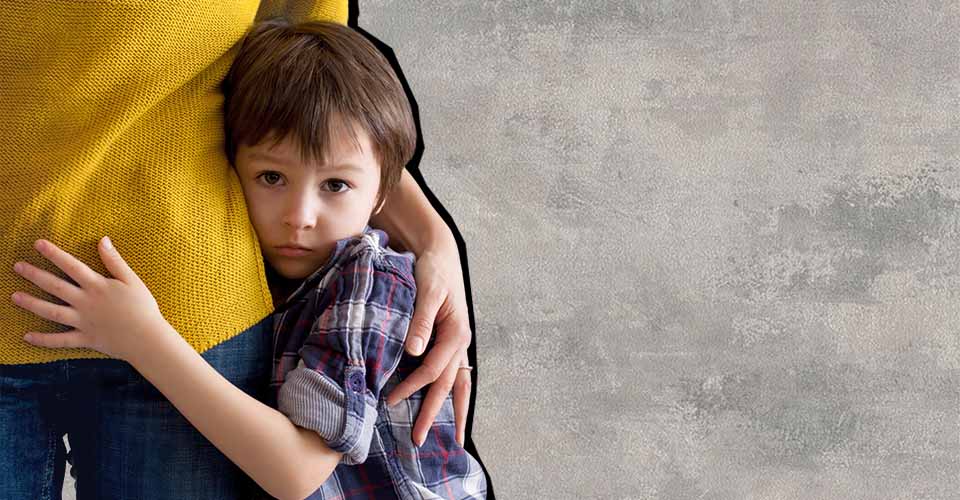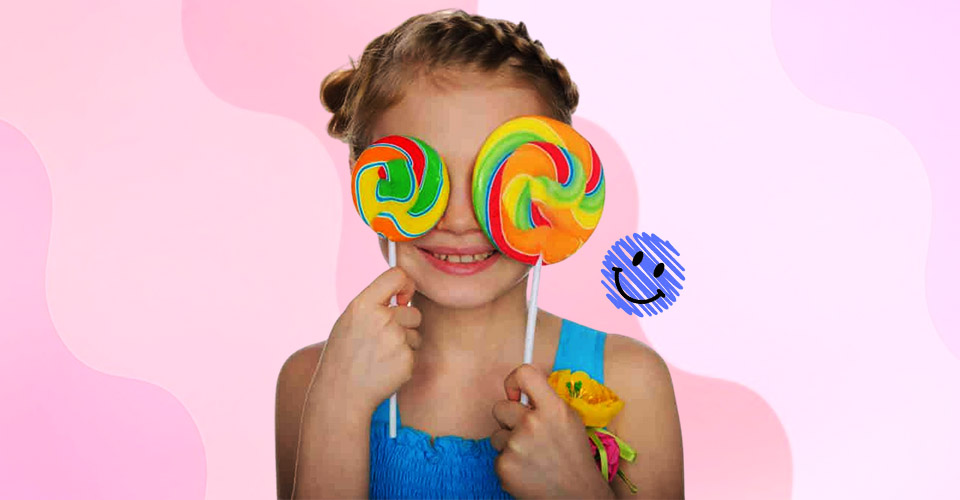Anger is a natural and normal emotion, even for children. However, when left unmanaged, anger can lead to significant challenges in a child’s life, impacting their emotional well-being, social interactions, and academic performance.
One of the most effective ways is to use anger management activities for kids. Caregivers and educators play a crucial role in guiding young individuals toward healthier ways of expressing and coping with their emotions.
In this comprehensive guide, we delve into the significance of anger management for kids, exploring why it matters and how to help a child with anger issues.
This article aims to provide valuable insights and resources for helping children navigate their emotions constructively and positively.
Why Is Anger Management Important For Kids?
Learning how to help a child with anger issues is a piece of important parenting advice. It’s a skill that will help them succeed in life and be happy.
Kids who can’t handle their anger are more likely to have emotional, social, and academic issues. That’s why teaching them to do so is so important.
For starters, this helps children manage and deal with all of their other emotions. When they’re angry, these kids often allow it to consume them. Being able to regulate their feelings means that they won’t let those emotions become overwhelming or negative.
Furthermore, knowing how to manage anger lets kids build relationships better than if they didn’t know how. Kids who can’t handle their anger tend to lash out at others. This causes fights and leads to people not wanting anything to do with them.
When children understand how to communicate what they’re feeling during moments of anger, then it makes cooperation between peers much easier.
The same goes for family members and teachers, too. anger management activities for kids are not just for kids you should participate in them as well.
Read More: 5 Effective Strategies for Resolving Sibling Conflict in Adulthood!
Anger Management Activities For Kids
Teaching little ones to manage their anger is a skill that will serve them well for the rest of their lives. No matter how frustrated, upset, or overwhelmed they get, having a healthy way to deal with their emotions is crucial.
Here are 12 anger management activities for kids:
1. Breath exercises:
Introduce children to simple breathing techniques like deep belly breaths or inhaling/exhaling in fours. Guide them through deep breathing regularly so they can master the skill and use it on their own when they need it most. This helps them regulate their feelings and find peace in tough times.
2. Count to ten:
When kids feel angry or upset, tell them to count slowly to ten in their heads. This quick pause gives them time to step back from the situation and regain control over themselves so they can respond thoughtfully — rather than lashing out impulsively.
3. Design a calm corner:
Make sure your home has a quiet space where kids can go when they need a time-out — especially during meltdowns. Fill it with soft pillows, blankets, or stuffed animals that’ll provide comfort, as well as calming activities like coloring books, puzzles, or sensory toys that’ll help take their mind off things.
4. Art therapy:
Art therapy is considered to be among the most effective anger management activities for kids according to several studies.
Art therapy allows children an outlet for expressing emotion non-verbally — hence why it’s so useful for those who struggle with communication skills or behavior disorders. Provide crayons, markers, paints, and paper for free drawing time that doesn’t have any rules attached (because painting outside of the lines doesn’t matter).
5. Play games:
Engage children in games that require teamwork like board games or collaborative challenges such as building a tower together using blocks.
Encourage turn-taking and problem-solving for lessons on patience, empathy and self-control.
6. Positive affirmations:
Give children positive affirmations they can say to themselves when they feel triggered. Phrases like “I am calm and in control,” “I can handle this” or “I choose to let go of my anger.” They can say them out loud or silently whenever they need a boost.
7. Role-playing:
Sometimes kids have a hard time understanding how their actions might negatively affect someone else. In these cases, it’s helpful to walk them through scenarios that reflect common triggers for anger or frustration. It’ll help them find empathy, practice effective communication, and see the value in finding solutions together.
8. Journaling:
One way to help kids process their emotions is by encouraging them to keep a journal. Give them a notebook or diary and let them write or draw whatever comes to mind. Explain that this space is for their eyes only, so they don’t have to worry about what others might think.
Journaling allows children to reflect on their emotions, thoughts, and experiences safely and privately. By putting their feelings down on paper, they can gain clarity into what’s going on inside them.
This insight helps children cope with anger and develop healthier coping strategies.
9. Physical Activity:
Exercise is considered among the common and recommended anger management activities for kids.
Exercise is another great outlet for anger-induced energy. Encourage your child to get moving through activities like running, jumping, dancing, or anything else that gets the heart rate up.
Physical activity has been proven to reduce stress and anxiety while boosting mood (thanks endorphins!). It also provides an opportunity for kids to take out some aggression in a productive way — instead of on you or their siblings.
10. Practice Mindfulness:
Teaching mindfulness techniques can help children stay calm and grounded when those angry feelings start bubbling up. You can try practices like deep breathing exercises, body scans, or sensory awareness games.
Encourage kids to make mindfulness a regular part of their lives by practicing it throughout the day — whether formally or informally. Over time, these techniques will make it easier for children to regulate their emotions and respond thoughtfully to challenging situations.
By trying out these different activities with your child, you’re offering them valuable tools for managing anger healthily.
Read More: Anger Management For Moms: 10 Effective Tips Every Mom Should Know!
How To Help A Child With Anger Issues
Helping a child with anger issues involves a combination of understanding, support, and teaching appropriate coping mechanisms. Anger management activities for kids may help but there are other things you can do as well!
Here’s a guide on how to help a child with anger issues:
1. Keep Your Cool:
Don’t lose your temper when the child is mad. Be an example of how to control emotions. Stay calm and avoid making the situation worse.
2. Validate Their Feelings:
Tell them it’s okay to feel angry when they express themselves. Help them identify their emotions and let them out in a healthy way.
3. Teach Coping Skills:
Teach the child deep breathing exercises, counting to ten or taking a break from the situation to collect themselves. Regularly practice these techniques together
4. Encourage Communication:
Create a non-judgmental environment where they can comfortably open up about what they’re feeling. Let them know it’s safe to speak their mind.
5. Set Clear Expectations:
Make sure the child knows what is expected of them by setting boundaries with positive consequences for good behavior and negative consequences for bad behavior.
6. Offer Alternatives:
Get them involved in activities or hobbies that help get rid of anger like sports, music, or art
7. Come Up With A Plan:
Help them battle through their anger by brainstorming ways to cope and manage triggers together.
8. Professional help:
If nothing seems to work seek professional help from someone who specializes in children if things seem serious enough
9. Be Patient and Understanding:
Keep in mind that getting over anger takes time, so be patient and offer support as best as you can.
10. Praise the Child’s Progress:
And finally, praise all efforts shown when it comes down to managing anger issues as this will encourage growth over time.
By implementing these strategies and providing consistent support, you can help a child with anger issues learn to manage their emotions in healthy and constructive ways.
Read More: Eating Disorders in Children: 10 Warning Signs Every Parent Must Know!
A Word From Mind Family
Assisting children with anger issues requires patience, understanding, and a supportive environment. By implementing the strategies outlined above and providing consistent support, caregivers can help children develop the skills they need to manage their emotions effectively.
These anger management activities for kids are not just for your kids you can participate in them as well and can even help you deal with your own emotions.
Remember to lead by example, validate their feelings, and offer alternative outlets for their anger. Seeking professional help when needed is also crucial. With time, effort, and encouragement, children can learn to navigate their emotions in healthier ways, paving the path toward a happier and more balanced life.
Together, we can support each other on this journey of growth and self-discovery.
Frequently Asked Questions (FAQs)
1. Why is anger management important for kids?
Anger management is crucial for kids because it helps them regulate their emotions, build healthy relationships, and succeed academically and socially. Children who can’t handle their anger are more likely to experience emotional, social, and academic issues.
2. What are some anger management activities for kids?
Anger management activities for kids include deep breathing exercises, counting to ten, creating a calm corner, art therapy, playing games, positive affirmations, role-playing, journaling, physical activity, and practicing mindfulness.
3. How to help a child with anger issues?
Helping a child with anger issues involves staying calm, validating their feelings, teaching coping skills, encouraging communication, setting clear expectations, offering alternatives, coming up with a plan, seeking professional help if needed, being patient and understanding, and praising their progress.


















Leave a Reply